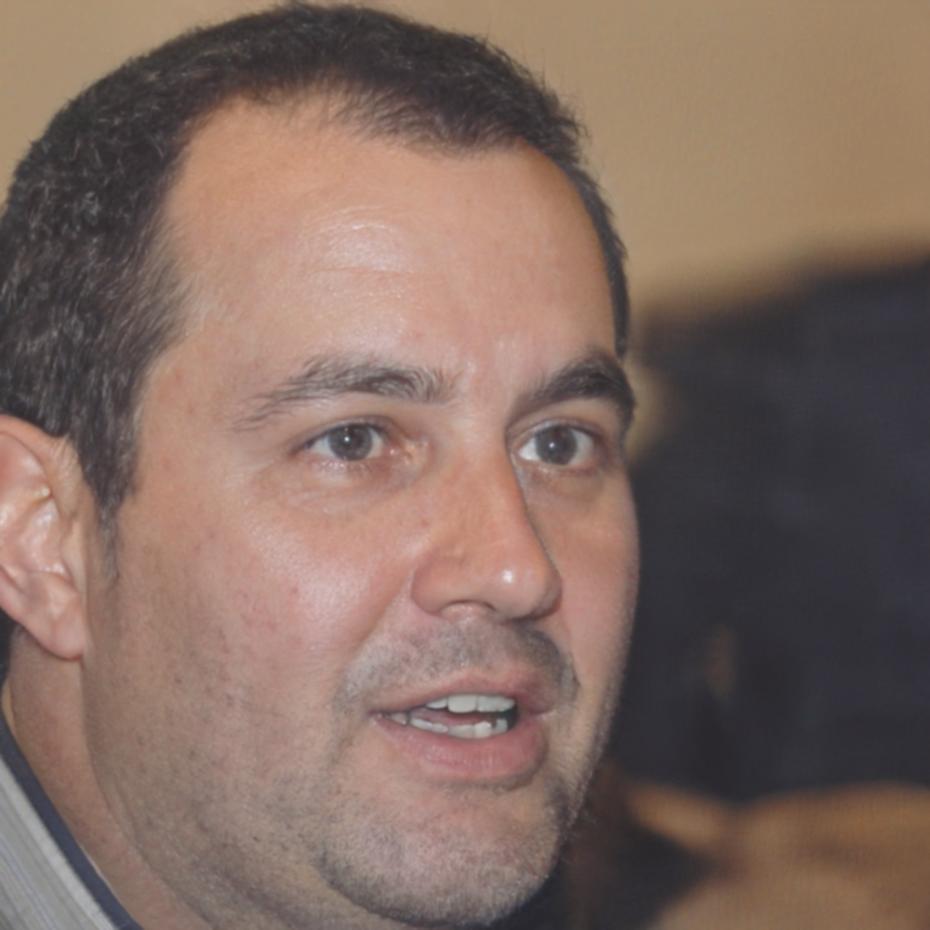Smart Learning Strategies That Actually Work
Programming isn't just about writing code — it's about thinking differently. After working with hundreds of students since 2019, we've discovered the techniques that separate successful programmers from those who struggle.
Explore Learning Programs
Start Small, Think Big
Most beginners jump into complex projects too quickly. We've seen this pattern hundreds of times — students attempt to build entire web applications before mastering basic loops.
Instead, spend your first month building tiny programs. Create a calculator that adds two numbers. Write code that prints your name in different patterns. These micro-projects teach you to break problems into smaller pieces, which is honestly the most important programming skill.
Our September 2025 cohort will spend the first three weeks on these fundamentals. It might seem slow, but students who master these basics consistently outperform those who rush ahead.

Debug Like a Detective
Here's something they don't teach in most courses — debugging is a skill that separates professional developers from hobbyists. When your code doesn't work, don't just stare at it hoping for inspiration.
Read error messages carefully. They're actually trying to help you, even when they seem cryptic. Add print statements throughout your code to see what's happening step by step. Use online forums, but try to solve problems yourself for at least 30 minutes first.
We dedicate entire sessions to debugging techniques because it's that important. Students who embrace debugging as part of the learning process rather than a frustrating obstacle progress much faster.

Insights from Our Teaching Team
Our instructors have guided thousands of students through their programming journey. Here are the practical tips they share most often.

Kieran Blomberg
- Practice coding every day, even if it's just 20 minutes. Consistency beats intensity every time.
- Join programming communities early. Stack Overflow and GitHub discussions teach you how developers actually communicate.
- Build projects that solve your own problems. You'll stay motivated longer when the software helps your daily life.
- Don't skip the boring stuff like data structures. They become incredibly useful once you understand them.
- Read other people's code as much as you write your own. You'll discover better ways to solve problems.

Astrid Lindbom
- Learn version control with Git from day one. It saves you from losing work and teaches professional habits.
- Focus on understanding concepts rather than memorizing syntax. Programming languages change, but logic patterns remain.
- Take breaks when you're stuck. Your brain continues processing problems in the background.
- Start with one language and get comfortable before jumping to others. Depth beats breadth when you're learning.
- Document your learning journey. Writing about problems you've solved helps solidify your understanding.